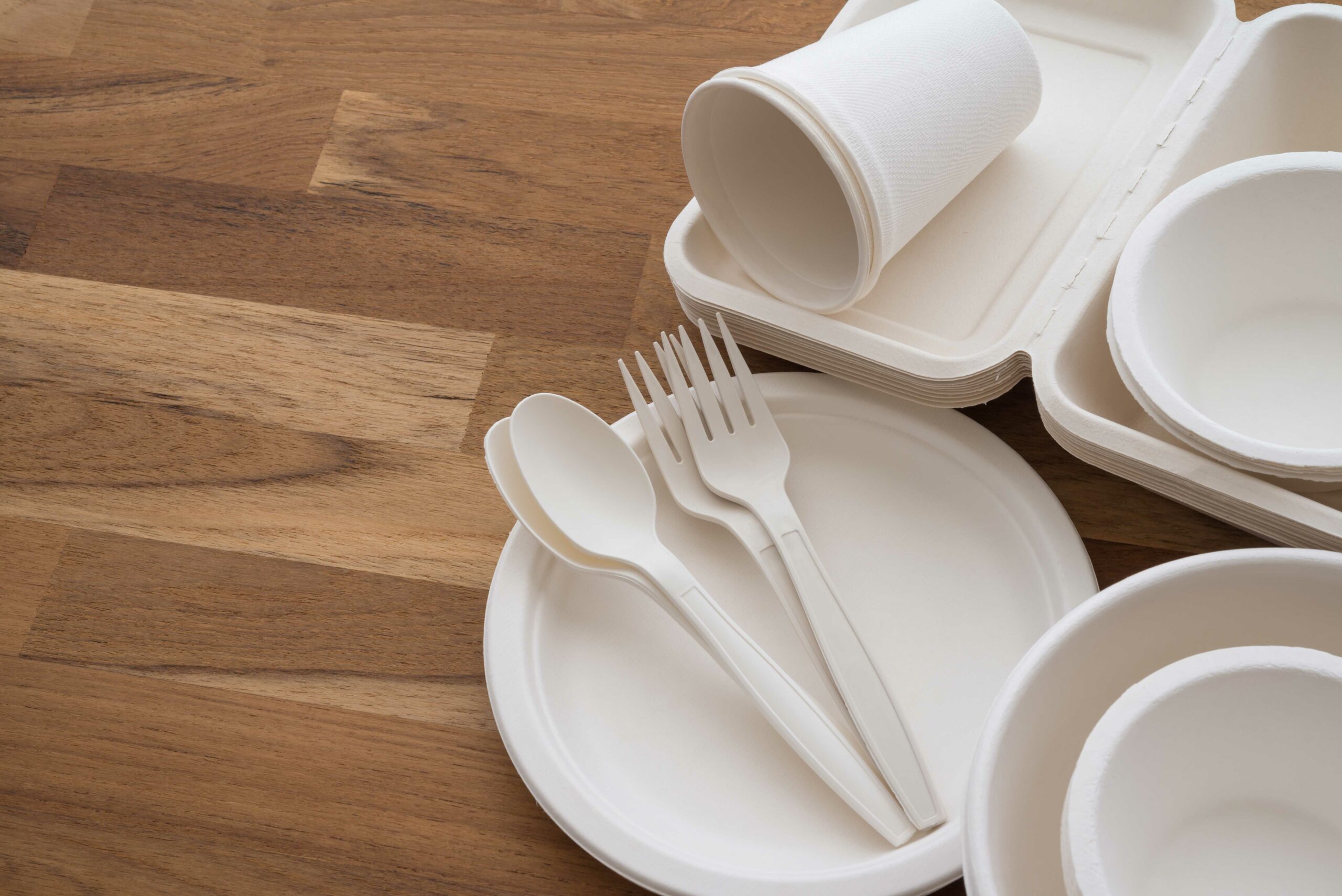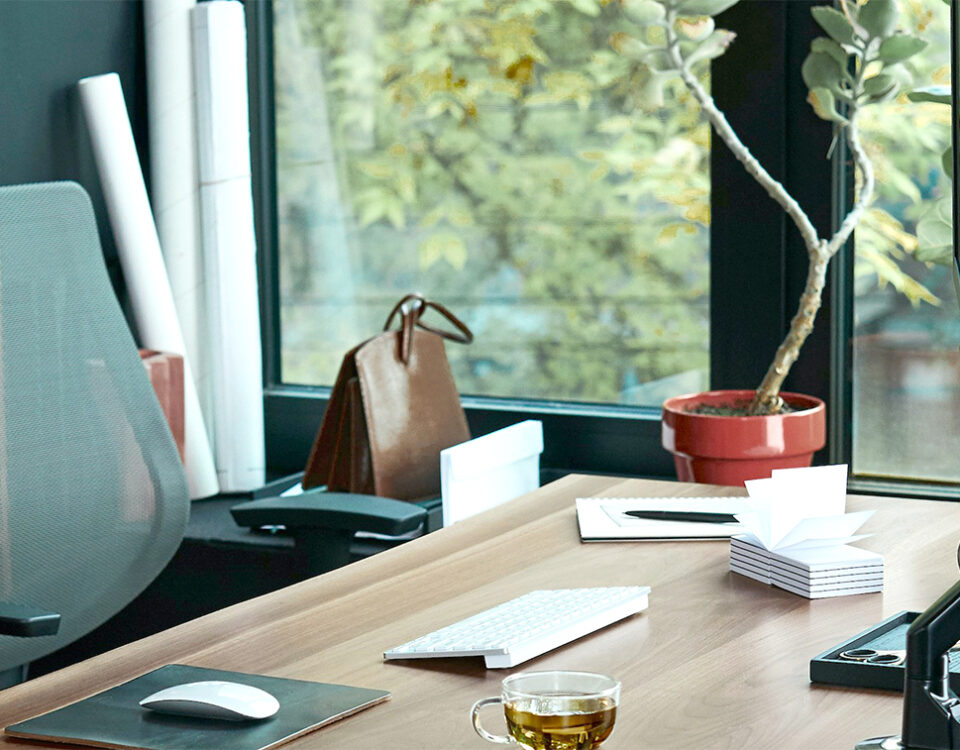Switch to Sustainable & Biodegradable Food Service Disposables

It’s Time to Breathe Easy With Fellowes Air Purifiers
June 27, 2023
The Importance of Prioritizing Employee Well-Being
November 16, 2023Waste Not, Want Not: Why You Should Choose Biodegradable Disposables
It’s no secret that we all need to do our part to help the environment. Luckily, sustainable and biodegradable food service disposables offer a great solution for any organization looking to make a positive impact on the environment, their community, and their business. Restaurants, offices, hospitals, even school cafeterias can experience the benefits of switching to high quality, easily accessible Green FSD options.
Sustainable & Biodegradable – Understanding the Difference
Before we dive into the benefits of sustainable and biodegradable materials, let’s define the terms.
Sustainable food service disposables are products that are sourced from materials that can be replenished or recycled. They are often made from renewable resources like bamboo, sugarcane, or palm leaves. These materials can be harvested without causing long-term damage to the environment. Sustainable disposables are designed to minimize waste and conserve resources while still providing practical solutions for businesses in various industries, such as the corporate office or hospitality industry.
Biodegradable food service disposables refer to products that can break down naturally over time. These disposables are made from organic materials like cornstarch or wheat straw. When they are disposed of properly, they will decompose without leaving any harmful residues behind. Biodegradable disposables are an excellent choice for businesses looking to reduce their carbon footprint and minimize waste in landfills.
If you’re looking to implement eco-friendly practices in your business, sustainable disposables may be the way to go. However, if you’re focused on reducing waste and minimizing environmental impact, biodegradable disposables may be the better option.
Make The Switch Today – For the Earth’s Benefit and Yours!
Choosing sustainable and biodegradable food service disposables can have numerous benefits for any business or environmentally conscious organization. Not only will you be contributing to a healthier environment, but you will also reap several advantages that can help your bottom line.
Create a Culture of Caring
Using sustainable and biodegradable food service disposables shows that your business is environmentally conscious and socially responsible. This can help to enhance your standing in the community and attract customers who prioritize sustainability. By aligning your values with those of your target audience, you can build a loyal customer base that supports your business.
Preserve the Planet
Eco-friendly alternatives are made from renewable materials, such as plant-based fibers or bioplastics derived from cornstarch or sugarcane. Focusing on sustainably sourced materials preserves non-renewable resources and protects the environment.
Reduce Waste
Biodegradable food service disposables breakdown over time, returning to the carbon cycle, and significantly reducing the amount of waste that ends up in landfills.
5 Types of Sustainable & Biodegradable FSD
Formerly a niche market, environmentally friendly food service disposables are now available with a wide range of products. These green alternatives are designed to reduce waste and minimize environmental impact without sacrificing quality construction or convenience. By selecting these types of sustainable and biodegradable food service disposables, you can make a positive impact on the environment while serving your food and beverages in an eco-friendly manner. Take the leap and choose disposables that align with your commitment to sustainability and the health of our planet! Whether you are building a better breakroom or revamping your commercial kitchen, you can find all the green options at Guernsey!
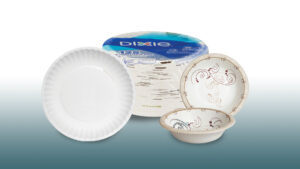
1. Earth Friendly Plates & Bowls
Disposable plates and bowls are made from renewable materials like bagasse (sugarcane fiber) or palm leaves. They are sturdy, microwave-safe, and can be composted after use, becoming nutrient-rich soil.
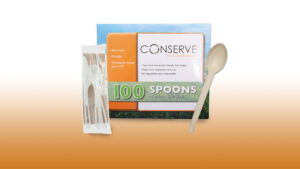
2. Green Cutlery
Instead of plastic cutlery that takes hundreds of years to decompose, consider using cutlery made from materials like cornstarch or PLA (Polylactic Acid). These utensils are biodegradable and compostable, offering a more sustainable option your customers will enjoy.
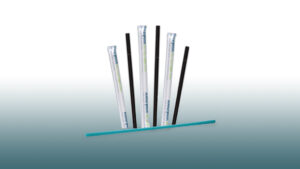
3. Paper Straws
Plastic straws are a major contributor to plastic pollution. By switching to paper straws, you can help reduce the amount of plastic waste in our oceans and landfills. Paper straws can be recycled along with other paper products.
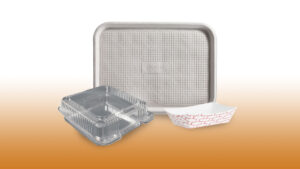
4. Food Containers & Trays
Instead of using Styrofoam or traditional plastic food containers, opt for materials like plant-based fibers or PLA. Despite being easily compostable, this type of container is microwave-safe, combining convenience and sustainability.
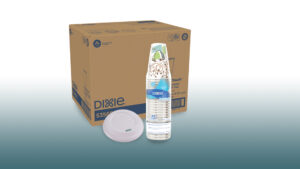
5. Eco-Friendly Cups & Lids
Single-use plastic cups and lids are harmful to the environment, while alternatives made from natural, non-toxic materials are just as easily available.

